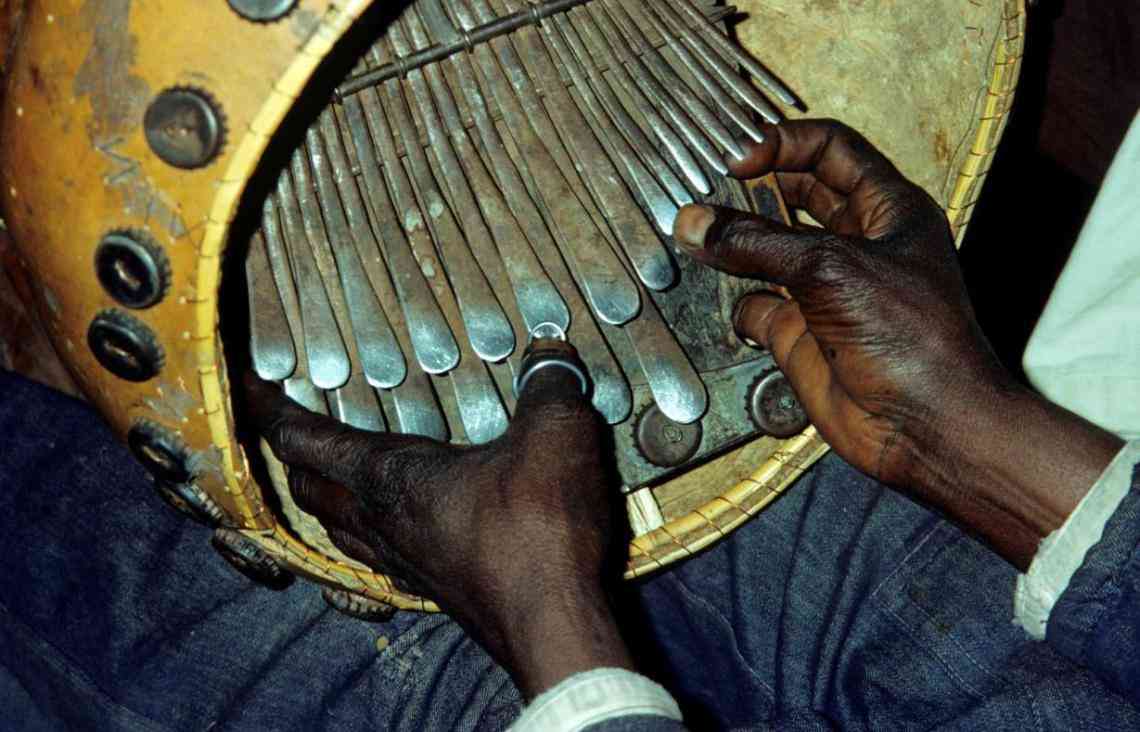
WITHOUT taking away anything from the traditional saying that the dead must be respected, the death of one of Zimbabwe’s most talented musicians, Afro-Fusion artiste Prince Kudakwashe Musarurwa has once again torched debate on the promoter-artiste relationship during hard times of illness or bereavement.
Sound Track with Winstone Antonio
Often, when artistes fall on hard times or die, society tends to believe that music promoters are duty-bound to come on board and lend a helping hand. Those that decide not to chip in are often ridiculed and accused of “neglecting” the artistes after leaving off their sweat during better days.
Such people conveniently, or ignorantly, forget that an artiste’s relationship with a promoter is purely business. It is show “business”. It is a contractual, often case-by-case relationship whereby an artiste offers a service and is paid their dues. Case closed.
Arts or music promoters have no obligation to “fund” the artistes’ medical or funeral bills in the event of illness or death. These are things the artistes themselves should prepare while the sun still shines. It is not a promoter’s business, for instance, to ensure that an artiste does not die a pauper — as has often been the case in the past — but that of the artistes themselves or their management.
Of course, I do understand that artistes and promoters need each other, but it must be known that the latter also do understand the business aspect that artistes go to them not because they love them, but for them to get help to advance their careers.
And, likewise, artistes must also not forget that promoters are out to make money. So it is not a crime that promoters support the sector through promoting live performances by either providing venues or paying artistes to entertain fans at their different spots.
There is no need to get hurt or feel let down when promoters do not contribute towards the welfare of an ailing artiste or their funeral. Artistes must appreciate that whenever promoters are chipping in, it is through their benevolence and not that they are obliged to bail out the artistes, so they must not be persecuted for that.
- Chamisa under fire over US$120K donation
- Mavhunga puts DeMbare into Chibuku quarterfinals
- Pension funds bet on Cabora Bassa oilfields
- Councils defy govt fire tender directive
Keep Reading
Sadly on several occasions promoters have been pressured by artistes and arts organisations to at least do something for artistes when they are under the weather, but it is not the same hymn when it’s the former in need of help. That is ridiculous.
Surprisingly, the same promoters whom the artistes accuse of exploiting them are the ones who become their saviours when the chips are down. This is sad, let the relationship be mutual and of benefit to both parties. Artistes need to have alternative sources of livelihood apart from live shows as potential revenue that could have been harnessed from the sales of their music has been eroded by piracy.
Of late, we have had a lot of cases were artistes fail to unite for a good cause, but instead activate channels of begging, a sign that they are not “organised” or have no proper structures.
Yes if they are “organised” at least they must be having something from their association’s coffers before extending the begging bowl.
Sadly, some of the artistes who would be troubling people to activate begging channels, would have failed to make meaningful investments during their heyday, and when they hit hard times, they expect the same promoters who were paying then “heavily” for their shows to again cater for their welfare.
Not taking a cue from the departed heroes like Oliver “Tuku” Mtukudzi, these living stars tend to lose focus along the way and end up being charity cases which can be traced to drug abuse, women and alcoholism.
There must be separation of business as music is a timeless investment that does not have a sunset zone. The majority of the artistes live in abject poverty and must do something before fame and fortune fade away.
Sadly many such cases are of those artistes that would have coined it at the peak of their careers, stood on big stages and wowed their fans, but sadly die poor because of bad decisions.
Artistes must be able to make meaningful investments so that when misfortune befalls them, at least they will be having something in their coffers to meet their financial obligations.
Probably a million dollar question would be, are the artistes financially illiterate or they are too dependent on someone else to whom they signed away their business to earn a living for them? Definitely they are more questions than answers.
Although such advice often falls on deaf ears, I think it is high time artistes pursued their passion not only with the goal of being famous and chauffeured to venues from luxury hotels, but working for a decent burial is of paramount importance.
Thankfully, as confirmed by Musarurwa’s nephew Prince Matsate, the late artiste had a funeral policy. May fellow artistes borrow a leaf from his book.











